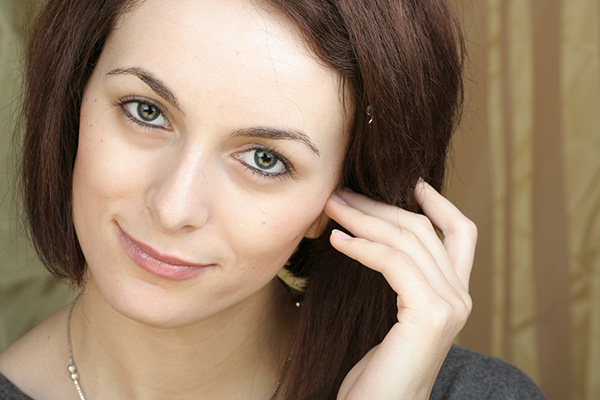Can You Fix Your Own Hearing Aids?
Hearing aids are small gadgets, but make a huge contribution to everyday


Hearing aids are small gadgets, but make a huge contribution to everyday

Tinnitus is an incurable hearing symptom that affects about one in 10

If you’ve been wearing a hearing aid for any length of time, you